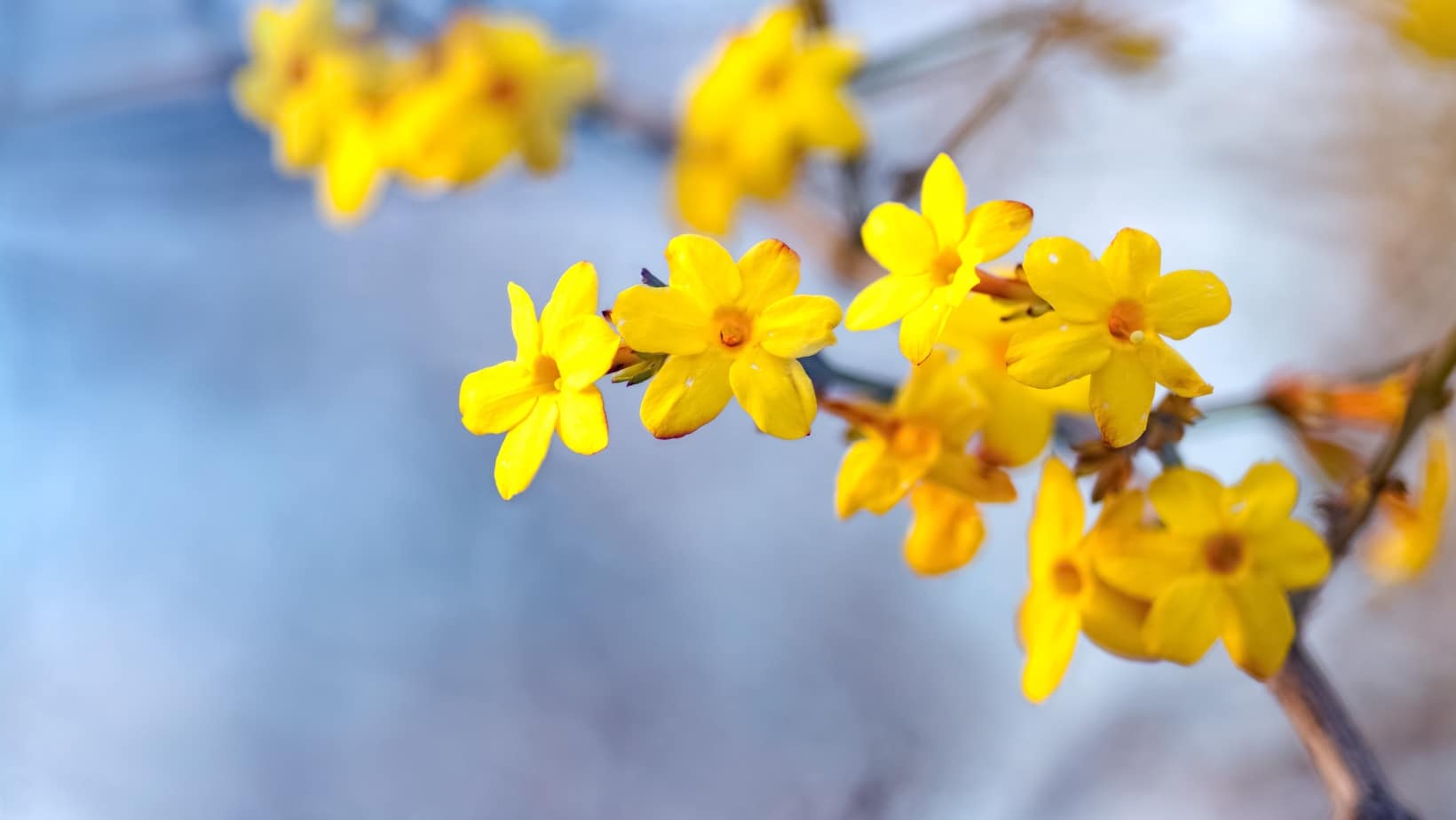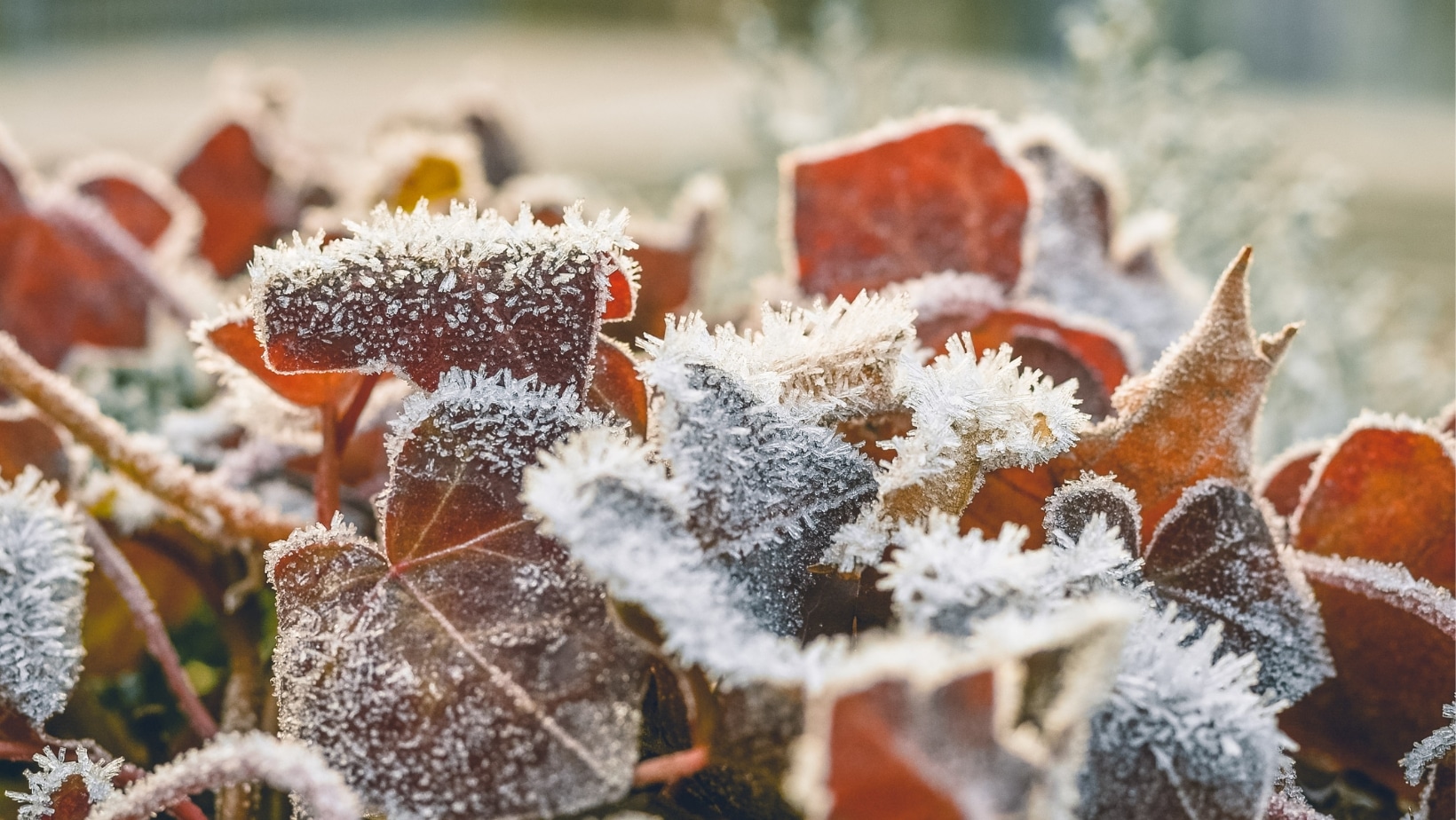Just because the temperatures drop and the snow starts falling doesn’t mean you have to give up on your garden. With creativity and planning, you can keep your garden thriving all winter. Here are some winter gardening ideas to inspire you to keep your green thumb active during the colder months.
Choose the Right Plants for Winter Gardening
When it comes to winter gardening, choosing plants that can withstand colder temperatures and harsher conditions is essential.
Look for plants labeled as “cold-hardy” or “winter-tolerant.” Some great options include kale, spinach, Brussels sprouts, and winter squash.
You can also consider planting evergreen shrubs or trees to add greenery to your winter landscape.
Plants That Flower in Winter
Here are some plants that flower in winter:
- Camellia: Beautiful blooms in red, pink, and white.
- Winter Jasmine: Bright yellow flowers on a cold-tolerant shrub.
- Hellebore: Elegant flowers in various colors.
- Witch Hazel: Fragrant, spidery flowers in yellow, orange, and red.
- Snowdrop: Delicate, white bell-shaped flowers.
- Winter Aconite: Early-blooming, yellow cup-shaped flowers.
- Pansies: Colorful flowers that can tolerate cooler temperatures.
Consider your climate and provide proper care for optimal blooming.
Protect Your Plants From Frost and Cold Temperatures
One of the biggest challenges of winter gardening is protecting your plants from frost and cold temperatures.
To prevent damage, cover your plants with blankets or frost cloths on nights when temperatures are expected to drop below freezing.
You can also use mulch to insulate the soil and protect the roots of your plants. Additionally, consider using cold frames or hoop houses to create a mini greenhouse environment for your plants.
Use Raised Beds or Containers to Extend the Growing Season
Raised beds and containers are great options for winter gardening because they allow you to control the soil temperature and moisture levels.
You can also move them to different locations to maximize the sun’s warmth. Use a cold frame or hoop house over your raised bed or container to create a mini greenhouse environment.
This will help extend the growing season and allow you to grow various plants throughout the winter.
Add Compost and Mulch to Improve Soil Health
It’s essential to keep your soil healthy and fertile in the winter. Adding compost and mulch to your garden beds can help improve soil health by increasing the amount of organic matter and nutrients available to your plants.
Compost can be made from kitchen scraps, yard waste, and other organic materials, while mulch can be made from leaves, straw, or other plant materials.
Compost and mulch can help retain moisture in the soil and prevent erosion, which is especially important during winter.
Use Grow Lights to Supplement Natural Light
Winter days are shorter and darker, making it difficult for plants to get the light they need to thrive.
To supplement natural light, consider using grow lights. These lights mimic the spectrum of natural sunlight and can be adjusted to provide the right light for your plants.
Place them above your plants and adjust the height as your plants grow. This will help ensure your plants get the light they need to stay healthy and productive throughout winter.
Indoor Winter Garden Ideas
Here are some ideas for an indoor winter garden:
- Herbs and Edibles: Grow herbs and microgreens on a sunny windowsill.
- Succulents and Cacti: Create a mini desert garden with low-maintenance plants.
- Orchids: Add elegance with indoor orchids.
- Tropical Plants: Bring the tropics indoors with peace lilies and ferns.
- Indoor Winter Flowers: Choose plants like cyclamen or Christmas cactus for colorful blooms.
- Vertical Gardens: Utilize wall-mounted planters or hanging baskets for vertical displays.
- Terrariums: Design a mini ecosystem with ferns, mosses, and air plants.
- Indoor Herb Wall: Install a vertical herb garden for fresh cooking herbs.
- Winter-Blooming Bulbs: Force paperwhites or hyacinths to bloom indoors.
- Fairy Garden: Create a whimsical garden with mini plants and fairy figurines.
Remember to provide proper care and lighting for your indoor plants.



